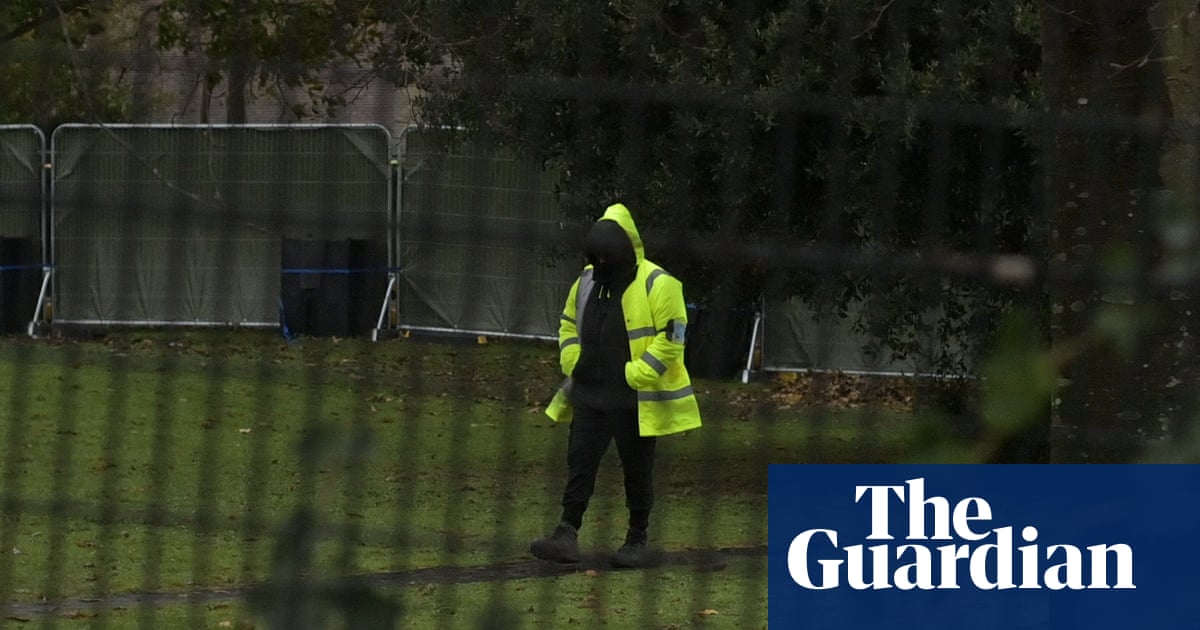
Labour has thrown its weight behind calls for a full-blown public inquiry to learn the lessons of the Covid pandemic, with Rachel Reeves arguing it should kick off when the prime minister’s roadmap comes to an end in June.
Reeves, who shadows the Cabinet Office minister, Michael Gove, told the Guardian the government should start preparing now, to allow an inquiry to begin in earnest over the summer.
“We’re supposed to be out of the roadmap by 21 June,” said Reeves. “Let’s get ready for it now, and from 21 June this inquiry can really get started and use the summer months where we should be better protected, and the vaccine has been rolled out to most adults.”
Reeves and the Labour leader, Keir Starmer, have heard first-hand from bereaved relatives in recent weeks – a moving experience which, she says hardened her view that a public inquiry must be held.
“It was one of the toughest meetings, with people whose grief was still so raw and recent. Some amazing people telling of terrible loss,” she said. “They want an inquiry because they want to understand what happened and whether anything more could have been done – but also, and I think this is probably the strongest argument, the lessons to be learned, because this is unlikely to be the last virus or disease that comes our way.”
“Justice is being denied, and they can’t have closure until they better understand what happened,” she added.
She urged the government to work with bereaved families to decide how the inquiry should be set up.
“The inquiry is needed most of all by them. So, I think they should be in the driving seat really for how this is conducted, but it needs to be independent, it needs to be held in public. And it needs to be properly resourced,” she said.
The campaign group Covid-19 Bereaved Families for Justice is calling for a judge-led, statutory inquiry to be convened urgently.
Reeves said: “I don’t expect Boris Johnson to listen to Keir Starmer or myself in calling for an inquiry, but I do hope he has the decency to listen to the voices of those who have lost someone, and will do the right thing.”
Reeves has written to Gove, urging him to make a commitment to go ahead with an inquiry.
“This must be an independent, fully public inquiry, and it must not be delayed,” she says in the letter. “We can learn from the Chilcot and Hillsborough inquiries as to how this can be started in this parliament. With such a huge loss of life, justice delayed will be justice denied.
Reeves has been a vocal critic of the outsourcing of key aspects of the government’s pandemic response, and the “crony contracts” awarded to Conservative donors and contacts as the government scrambled to procure personal protective equipment.
She said an inquiry should look at all aspects of the handling of the pandemic, from why frontline workers were not better protected to the timing of lockdown measures and the tragic deaths in the care system.
“So many people lost loved ones in care homes and weren’t able to say goodbye,” she said. She added that the pandemic had exposed many of the weaknesses in the care system – which Johnson claimed on his first day in office he had a plan to fix.
“It’s casualisation, fragmentation, for-profit – so many things about the current system are broken,” Reeves said. “This virus exploits vulnerabilities, and the vulnerabilities were in the care system.”
In addition, Reeves called for the investigation to examine the lack of resilience that Labour argues left both public services and individual households particularly exposed to the pandemic.
She cited the fact that the UK has fewer intensive care beds per head than many other European countries – 7.3 intensive care beds for every 100,000 people, compared with 33.8 in Germany, for example – and had run down its stockpile of PPE equipment before the crisis.
“It’s also the resilience of families,” she added. “Eleven and a half million adults went into this crisis with less than £100 worth of savings. There are a million people on zero-hour contracts, and that has made it harder for people to take the rights to make the right decisions for public health.
“People are having to make the choice about whether to feed their families, or to keep their community safe by self-isolating – and we all pay the price if for whatever reason people are not in a position to take the actions that are needed to contain the spread of the virus.”
The health secretary, Matt Hancock, has been pushing for more generous payments to workers self-isolating, but been rebuffed by the Treasury, which believes financial incentives are not the main reason many people fail to stay at home when requested to.
When the death toll from the virus exceeded 100,000 earlier this year, the prime minister said his government, “did everything we could” in “a very, very difficult stage, and a very, very difficult crisis for our country”.
But Reeves said the government failed to learn lessons from the earlier phases of the pandemic.
“We already think opportunities have been missed to get on top of this and do things better,” she said.
The government has consistently refused to be pinned down on when an inquiry should start, and who should lead it.
On Wednesday, the business secretary, Kwasi Kwarteng, said it would be “premature” to launch an inquiry, arguing instead that the reopening of the economy was the main priority.
“Once the economy is reopened, once we’ve got through the worst of the pandemic – and it’s still with us – we can have a debate and I’m sure that there’ll be plenty of room for an inquiry.”












